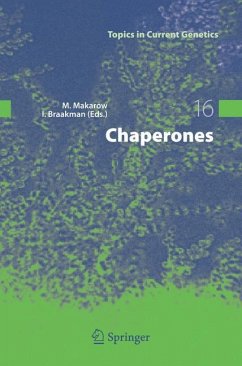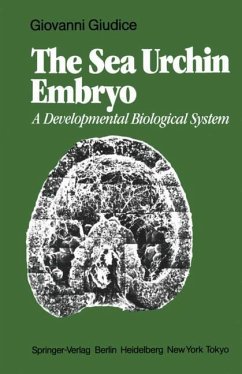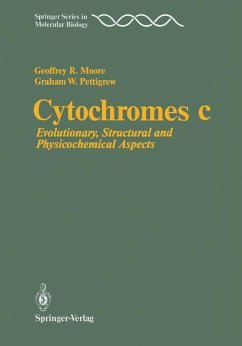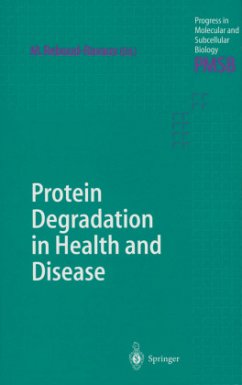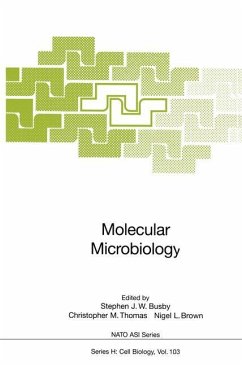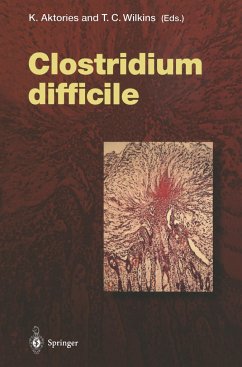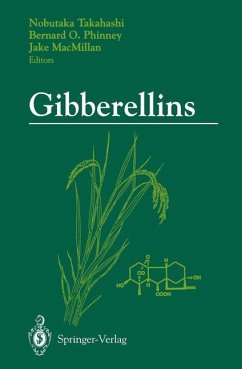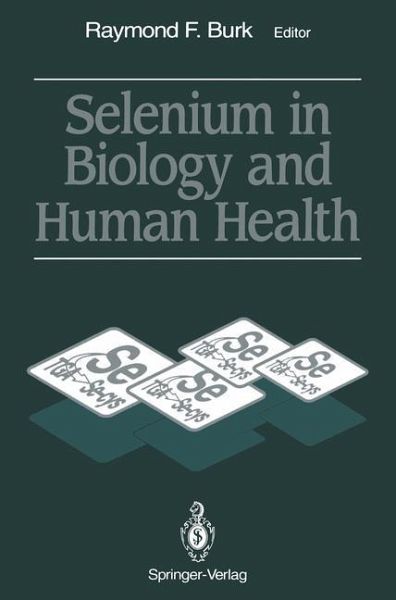
Selenium in Biology and Human Health
Versandkostenfrei!
Versandfertig in 6-10 Tagen
38,99 €
inkl. MwSt.

PAYBACK Punkte
19 °P sammeln!
Selenium plays a fascinating and still poorly understood role in the function of living cells and therefore in human health. Starting with investigations over 60 years ago into its role as a toxic agent in livestock disease, selenium studies have progressed rapidly with the application of tools from immunology and molecular biology. Selenium is now known to be important in human and animal nutrition, has been discovered as a structural component of so-called selenoproteins, and may play a number of physiological roles, ranging from cancer protection to hormone metabolism. Selenium in Biology a...
Selenium plays a fascinating and still poorly understood role in the function of living cells and therefore in human health. Starting with investigations over 60 years ago into its role as a toxic agent in livestock disease, selenium studies have progressed rapidly with the application of tools from immunology and molecular biology. Selenium is now known to be important in human and animal nutrition, has been discovered as a structural component of so-called selenoproteins, and may play a number of physiological roles, ranging from cancer protection to hormone metabolism. Selenium in Biology and Human Health presents research syntheses on a range of topics involving selenium, written by specialists from around the world. It will be of interest to cell biologists and physiologists, nutritional scientists, and animal health researchers.






